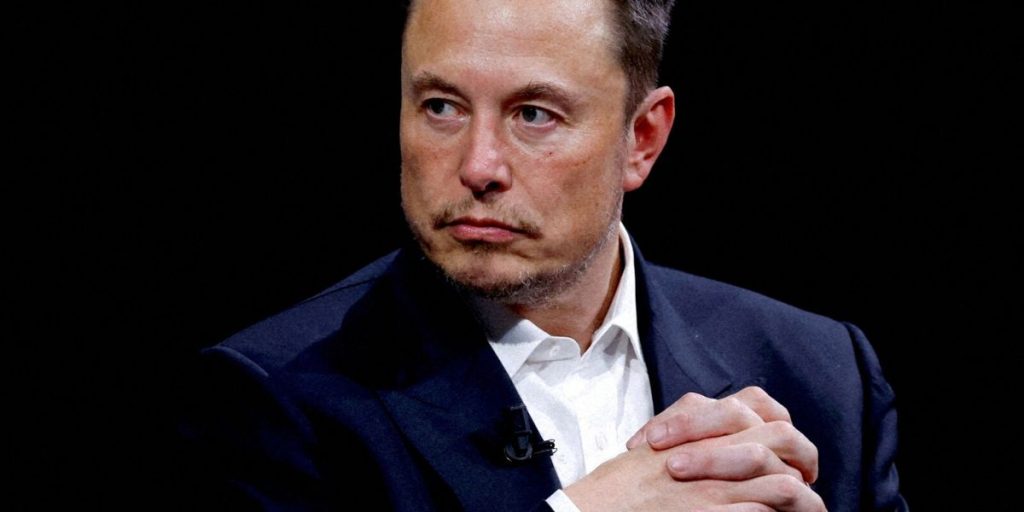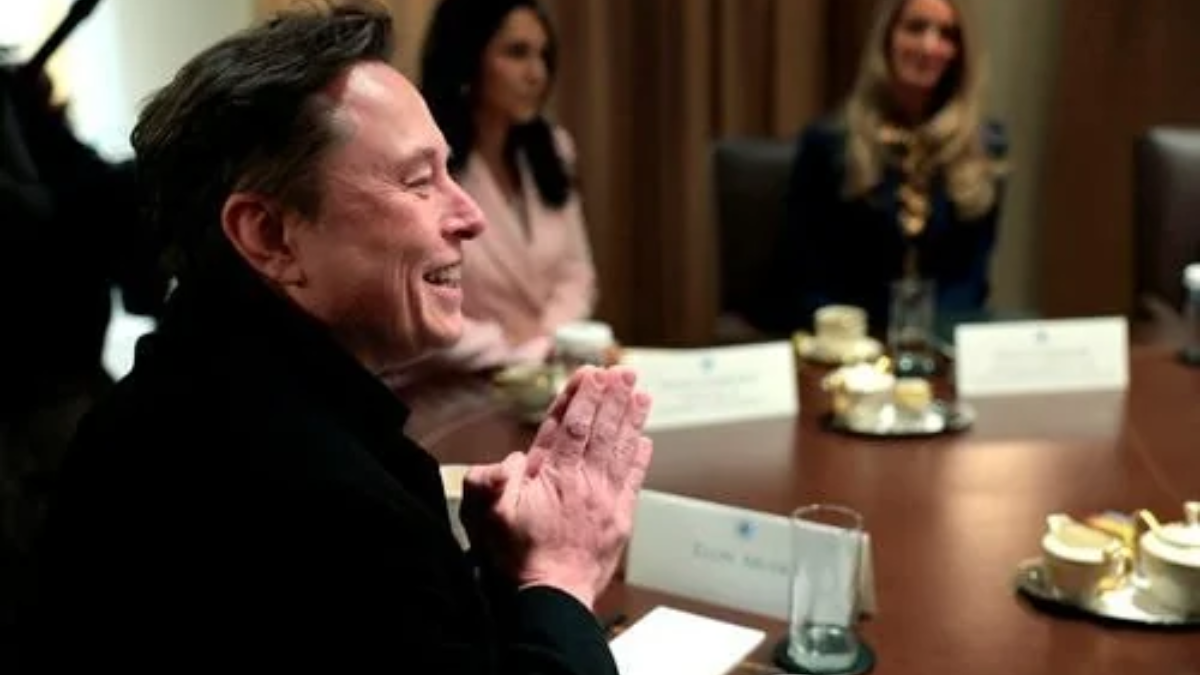Elon Musk, head of the Department of Government Efficiency (DOGE), has significantly revised down expectations for the federal spending cuts promised by the ambitious initiative.
Originally launched with the goal of trimming $1 trillion in wasteful federal spending, Musk now says DOGE may only deliver $150 billion in savings by fiscal year 2026—a mere 15% of the initial projection.
The announcement, which came during a press briefing earlier this month, has sparked debate across Washington and beyond, with some applauding the effort to tackle fraud and mismanagement, while others question the legitimacy of Musk’s claims and the program’s long-term impact.
Where the $150 Billion in Savings Is Coming From
According to Musk, the anticipated $150 billion in savings is largely tied to eliminating waste, fraud, and inefficiency within federal agencies. Much of DOGE’s work so far has involved auditing executive branch operations and rooting out fraudulent payments.
Among the most eye-opening findings: DOGE uncovered massive fraud in pandemic-era unemployment claims. Some checks were reportedly issued to individuals over 115 years old—some even listed with future birth dates. In one instance, benefits were issued under the name “Franklin Roosevelt.”
Other cost-cutting initiatives included cracking down on duplicative services, bloated contractor budgets, and misallocated federal grants. Musk insisted that DOGE had introduced tighter auditing systems to prevent similar fraud in the future.
But even with these efforts, the $150 billion estimate falls dramatically short of the program’s original goal. Musk acknowledged this during his announcement, stating, “Even that figure may be generous once the numbers are fully audited.”
For details on DOGE’s budget and goals, visit the official government website.

Experts Criticize the Shortfall and Question the Math
While supporters have praised Musk for uncovering real problems in government spending, critics argue that the new estimate exposes the unrealistic expectations that surrounded DOGE from the beginning. The original $1 trillion target, they say, was more political theater than sound fiscal strategy.
“The idea that you could eliminate $1 trillion without touching entitlement spending or defense was always far-fetched,” said budget analyst Jonathan Bridges of the Brookings Institution. “Now they’re walking it back, but trying to make $150 billion sound like a win.”
Others have raised concerns about how DOGE calculates savings. In some cases, the initiative has claimed credit for cost reductions already implemented under previous administrations.
There are also questions about how much of the projected savings are theoretical—such as potential fraud avoided in the future—rather than actual dollars recovered or removed from budgets.
Legal and Ethical Questions Shadow Musk’s Role
Beyond the fiscal debate, DOGE has come under legal scrutiny. A federal judge recently ruled that Musk’s role likely violates the Constitution’s Appointments Clause, which governs how senior federal officials are selected.
As Musk was appointed without Senate confirmation, legal challenges to his authority may yet threaten the future of the initiative.
Additionally, watchdog groups have pointed out that Musk never divested from companies doing business with the federal government, raising potential conflict-of-interest concerns.
While Musk has repeatedly stated he’s taken steps to avoid biased decision-making, critics argue that greater transparency is needed.
“Having someone with extensive government contracts lead an efficiency watchdog program is a red flag,” said Kendra Lewis, director of Government Oversight Now. “It invites the appearance of favoritism and undermines public trust.”
What’s Next for DOGE?
Musk’s tenure as head of DOGE is expected to end in late May, and it’s unclear whether President Trump will appoint a successor or restructure the office.
Despite the program’s shortcomings, the president has praised DOGE’s efforts in recent remarks, claiming the initiative “did more to clean up the swamp in one year than past administrations did in eight.”
Still, the road ahead is uncertain. If legal challenges escalate or the program fails to secure additional funding from Congress, DOGE could be shuttered altogether—or scaled back to a much more limited role.
Some lawmakers have already called for an independent audit of the program to verify its reported savings and assess its effectiveness. Others are urging a broader approach to deficit reduction that goes beyond waste and fraud and includes structural reforms to entitlement programs and tax policy.
Final Thoughts: Ambition Meets Reality
Elon Musk’s admission that DOGE may only hit 15% of its $1 trillion target is a stark reminder of the difficulty in tackling the federal budget.
While $150 billion in savings is no small sum, it falls far short of what was promised and opens the door to questions about the viability of Musk-led government reform.
For more coverage on Musk’s fiscal initiatives and updates on federal spending reform, visit Reuters.
Disclaimer – Our team has carefully fact-checked this article to make sure it’s accurate and free from any misinformation. We’re dedicated to keeping our content honest and reliable for our readers.
